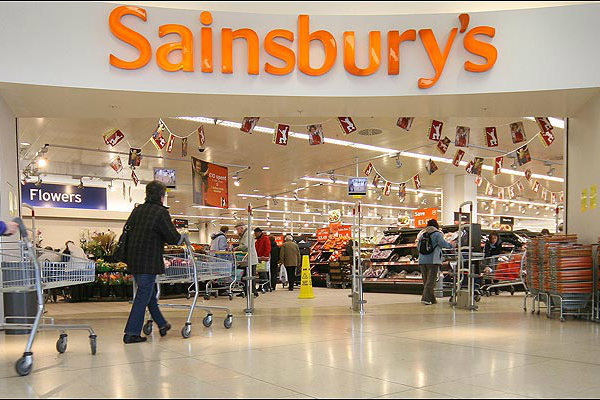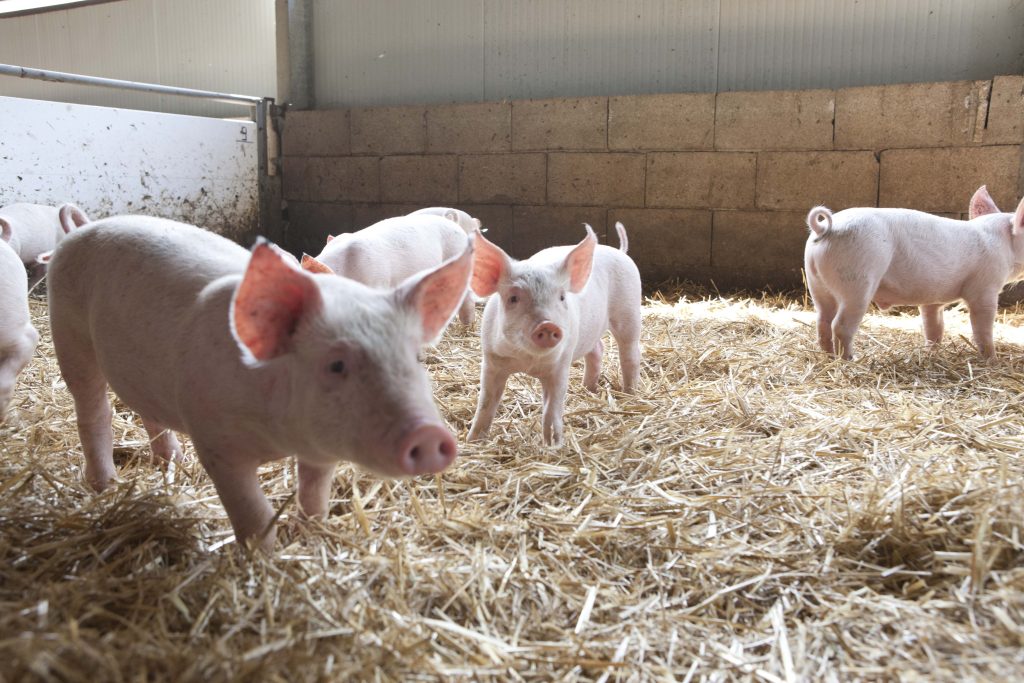Asda‘s Income Tracker has revealed that family spending power fell by £2 a week year-on-year in September 2013 – driven by the weakest wage growth on record in the UK.
According to the latest figures, the average UK family had £157 of discretionary income available to them in September 2013, down £2 on last month and well below its peak of £165, last seen in February 2010. A weak increase in the average UK wage was again a key factor behind the rising cost in living, with average pay up just 0.8 per cent in the three months to September. This was less than a third of the rate of essential item inflation (2.8 per cent) and the lowest rise on record.
However, Asda said that there was welcome news, as the rate of essential item inflation fell marginally to 2.8 per cent, but the cost of living continues to outpace net income growth (2.1 per cent), squeezing household budgets further. The cost of gas and electricity, for instance, rose by 8.1 per cent and 8.3 per cent respectively in September– the highest rate for three months. The cost of utilities is now 24.7 per cent higher than it was in 2008, equivalent to £700 a year, and will top £4,200 by 2018.
Across the UK, spending power fell back in every region except for the East of England (up 1.2 per cent) and Scotland (up 0.6 per cent), largely thanks to strengthening local labour markets in these areas. Households in Northern Ireland continue to be hit hardest, with discretionary income down 3.5 per cent to just £60 a week – almost a quarter of the amount available to households in London (£235 a week).
Asda president and CEO Andy Clarke said: “It‘s encouraging to see that inflation in essential items is heading in the right direction. However, it is becoming even more evident that action needs to be taken to address widespread regional discrepancies.
“Aside from overall household spending power being at a six month low and the rising cost of energy bills adding extra pressure, when you look beyond the capital and South East the situation across the regions gets steadily worse – with families in Northern Ireland and the North East still squeezed to a far greater degree.
“We can only celebrate the full benefits of an economic recovery if it is a fair recovery for all and the continued shortfall for millions of households is a worrying and unacceptable reality.”




























